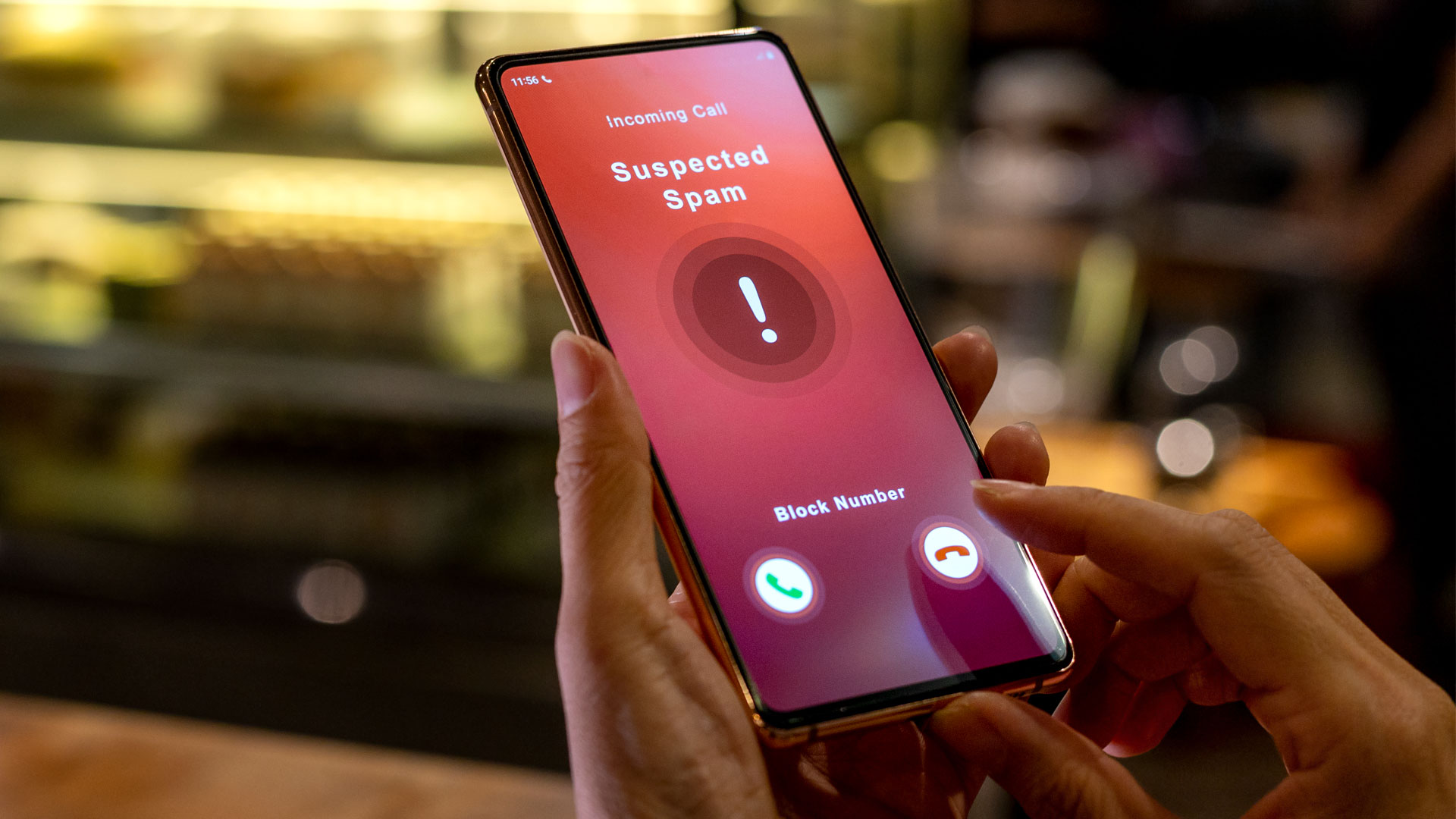Robocalls are out of control but this could change things

You know all those calls you’ve been getting on your home and mobile phones telling you you owe money, there’s a package that went missing, or maybe you’re about to be arrested? Those are dangerous spam calls and, if the majority of US States Attorney Generals are right, many of them are coming through one company: Avid Telecom.
The AP reported on Thursday (May 25, 2023), that 51 Attorneys General filed a 141-page lawsuit against Avid Telecom. Founded in 2001, Avid Telecom offers termination services that allow companies to buy toll-free numbers in bulk and automatically route the calls to the numbers of their choice.
According to the suit, which was filed in the US District Court in Phoenix, Arizona, Avid Telecom used spoofed and invalid caller ID numbers to make billions of calls to those on Do Not Call lists. In other words, the numbers you see on your phone are not the originating caller numbers. More worrisome, though, the suit alleges Avid Telecom made millions of calls designed to look as if they were coming from law enforcement and government agencies. (“Hello, this is the CIA calling…”)
So many bad calls (and texts)
The fallout from these calls (and texts) is hard to measure. There were, according to one recent study, 75 billion robocalls and 225 billion robotexts in 2022. Those who receive them or fall for their scammy nature, are usually then connected to someone who is not with the government or law enforcement and is often trying to collect personal and private information: names, addresses, social security numbers, and other personally identifying information that can be used to steal identities.
Sometimes, the call leads to fake support personnel who guide the call recipient to download spyware onto their computer so they can watch their keystrokes and, again, steal their information.
Not us
Avid Telecom, naturally, disputes the suit and complained that the Attorneys Generals had not contacted them before bringing the lawsuit. Neil Ende, a lawyer defending Avid Telecom, told the AP, “The company has never been found by any court or regulatory authority to have transmitted unlawful traffic and it is prepared to meet with the attorneys general, as it has on many occasions in the past, to further demonstrate its good faith and lawful conduct.”
On its website, Avid Telecom claims to have “full Stir/Shaken capability and required robocall mitigation in place” even though the services it provides appear perfect-built for robocall operations.
Stir/Shaken is the result of a partnership between the FCC and major telecom companies and provides a framework for identifying and authenticating callers. The problem is that wily spammers are constantly developing workarounds, which is probably why our robocall problem appears to be getting worse and not better.
What to do
The suit, which came about as part of a nationwide-anti-robocall taskforce is unlikely to end our robocall nightmare but if the states win the suit and collect millions (if not more) in fines from Avid Telecom, it may dissuade companies from engaging in these robocall practices.
In the meantime, though, follow these simple tips to avoid getting caught in the robocall and robotext web:
- Don’t answer calls from an unknown number
- Text messages are not more official than calls. Do not call the number in the message
- Do not give out your personal information and if someone asks for social security, bank, or credit card info, hang up
- Unless you’ve opted in, most government agencies will not send you texts
- No one who contacts you via email, calls, or texts actually wants to help fix your computer
- Caller ID can be fooled. Do not assume someone local or official is calling you.
- Call agencies directly to verify any information.
- Your bank is not texting you unless you opt-in for alerts
- Do not respond to texts and calls. Instead, log into your accounts to check for suspicious activity.
For all the latest Technology News Click Here
For the latest news and updates, follow us on Google News.

